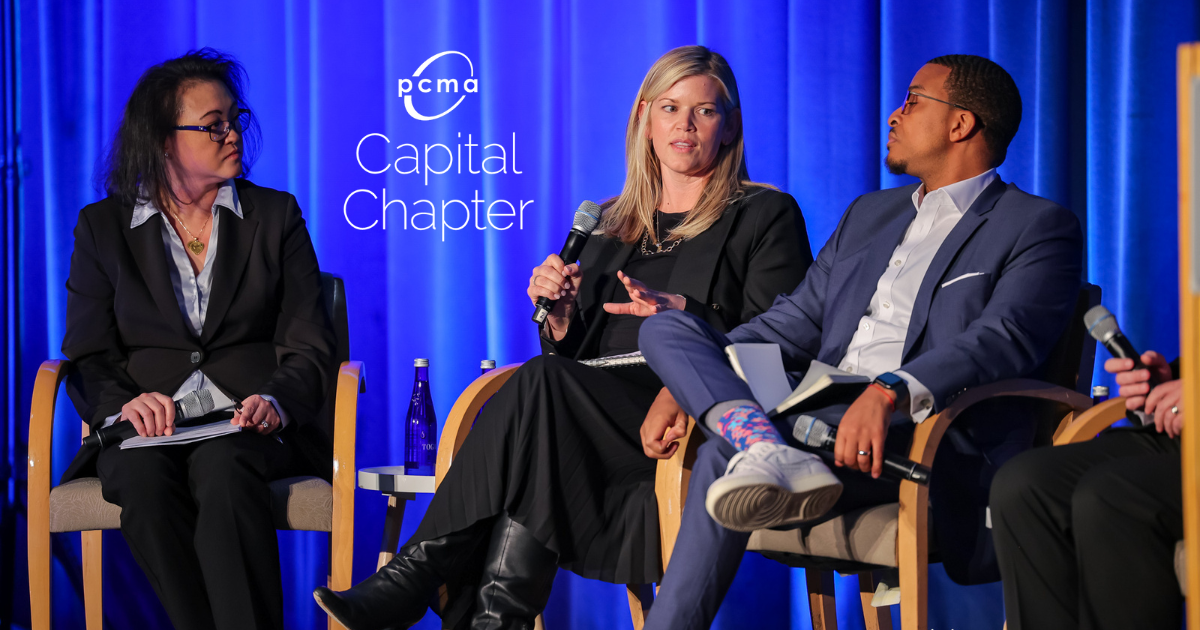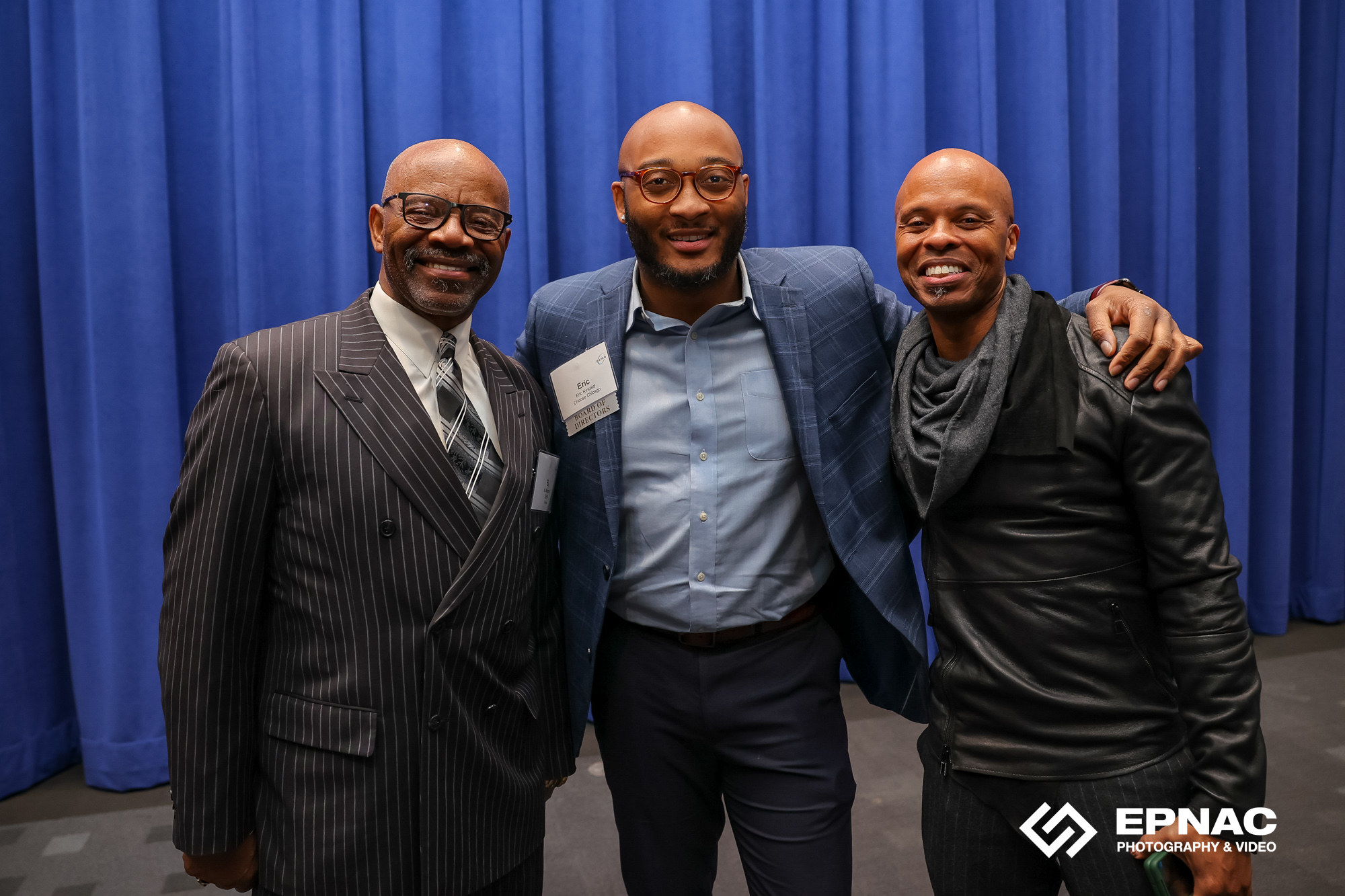Overview of the Government Relations Committee
The Government Relations and Advocacy committee was established to support advocacy for the meetings & events industry. Ensuring that the voice of the industry is heard and considered by policymakers. By actively engaging with lawmakers and government agencies, the committee can shape favorable policies and regulations that support industry growth and innovation. Additionally, the committee monitors legislative activities to encourage members to stay informed and adapt to changing requirements. Building a collation of planners, vendors, industry influencers to advocate for meetings & events to the government and the general public.
Why We Advocate – Presentation
Robin Troutman, NACDD
PCMA Capital Chapter 2021 Virtual Global Meetings Industry Day – A White Paper
Mark Decker, MB4 Productions
Lisa French, Hilton Cleveland Downtown
Christine Fry, CEM
Annette M. Suriani, CMP, CFMP, DES, AMS Meetings Solutions
Robin Troutman, NACDD
Summary Write up:
In 2021 as the world grappled with prolonged impacts of the COVID pandemic the meetings and events industry suffered continued shutdown and repeated setbacks. In the face of these challenges, PCMA CC coordinated a virtual GMID event and dozens of virtual Congressional appointments to use our individual and collective voices to educate about the importance of the industry and advocate for recovery legislation. This white paper summarizes the issues addressed and the tactics used to communicate our message.
Labor Strikes: How To Prepare
Darryl Diamond, CMP. Associate Director of Meetings, Talley
You have a meeting next week in California, but you’re worried that the ongoing hotel workers’ strike will affect your guests’ expected service. What do you do?
In Southern California, members of the Unite21 labor union representing thousands of hotel workers have staged intermittent walkouts since early July, demanding higher wages and improved working conditions. Contracts covering more than 15,000 workers and more than 60 hotels expired on June 30.
The golden rule is to communicate, communicate, and then communicate some more.
- Tell your attendees what is happening and what they might expect.
- Talk with the hotel and ensure there is a written plan for how the property will maintain service/staffing levels while your guests are there (if the property’s workers join the picket lines during your event).
- Reach out to the union representatives to discuss your meeting and when strikes/protests may occur. Explain that you may not contractually be able to cancel the meeting, but perhaps they could delay a planned protest.
- Review your contract. If you have a service level clause, work with the hotel to relocate your entire event or the parts that will suffer with fewer hotel staff (meals, general sessions, etc.).
This is not an ideal situation for planners, hotel workers, or property management. However, if we continue to have open and honest communications, the parties will be able to work out their differences and your event will go on with few, if any, interruptions.
Want to get involved?
Contact Government Relations & Advocacy 2023 Chair Sandy Yi-Davis, [email protected], with Strategic Meeting International.


